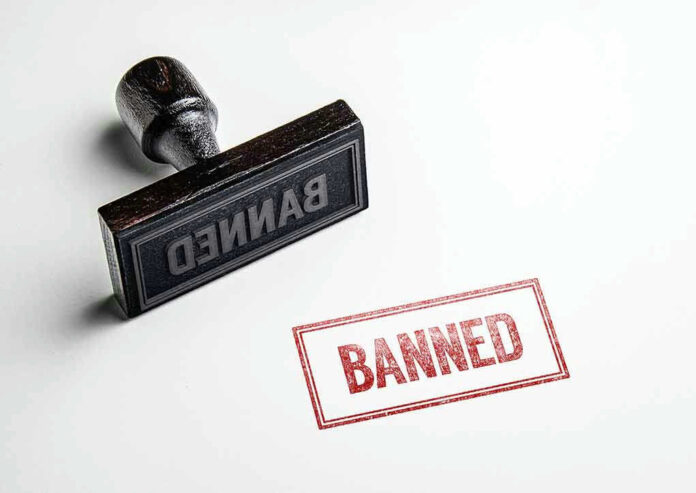
A possible federal ban on firearm possession for transgender individuals ignites a constitutional debate, alarming Second Amendment advocates.
Story Snapshot
- DOJ and OLC consider restricting transgender individuals from firearm ownership.
- Triggered by a recent mass shooting by a transgender suspect in Minneapolis.
- Proposal faces backlash from civil rights and gun rights organizations.
- Major medical associations oppose equating transgender identity with mental illness.
DOJ’s Consideration of Firearm Ban
The Department of Justice (DOJ) and the Office of Legal Counsel (OLC) are actively discussing a potential federal ban on firearm possession for transgender individuals. This move follows a mass shooting in Minneapolis perpetrated by a transgender woman, which has fueled right-wing media and political figures to call for stricter measures on transgender rights. The proposal is unprecedented at the federal level and could represent a significant escalation in both gun control and anti-transgender policy.
Constitutional and Ethical Concerns
The proposal to ban firearms for transgender individuals raises several constitutional concerns, particularly regarding the Second Amendment and equal protection under the law. Legal experts highlight that such a ban could face substantial legal challenges, potentially reaching the Supreme Court. Major medical associations such as the American Psychiatric Association and the American Medical Association argue against policies that pathologize transgender identity, emphasizing that being transgender is not a mental illness.
Gun rights advocates are also concerned about the implications of such a ban, fearing it sets a dangerous precedent for targeting marginalized groups based on identity or medical diagnosis. Civil rights organizations are mobilizing to oppose the measure, viewing it as discriminatory and unsupported by scientific evidence.
Political and Social Implications
The proposed ban has already sparked significant political and social debate, with advocacy groups on both sides preparing for a fierce battle. The issue could further polarize the nation as it touches on core conservative values of individual liberty and gun rights. Transgender communities, already facing heightened scrutiny and stigma, may experience increased anxiety and fear over their rights and safety.
The DOJ has not yet issued a formal rule, and the matter remains in the early stages of internal deliberations. However, the political and public discourse it has generated indicates that this issue is unlikely to fade away quietly. As discussions continue, all eyes will be on the DOJ and the Trump administration for any forthcoming decisions.
Sources:
New York Attorney General’s Office
Movement Advancement Project (MAP)












